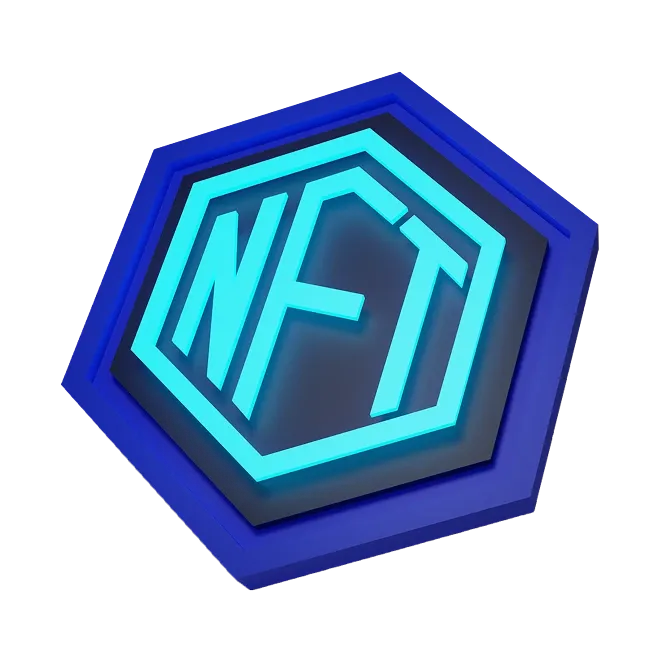Our End-to-End Blockchain Software Development Services
Our blockchain software development services are designed to deliver value and accelerate transformation.
Whether you are looking for blockchain for fintech, want to achieve competitive advantage by using blockchain supply solutions, or develop DeFi apps, our custom blockchain solutions will provide the right mix of capabilities for your unique ecosystem, challenges, and strategic vision.
Custom Blockchain Application Development
As a blockchain development company, our custom blockchain application development leverages the benefits of immutability and ledger transparency applicable across the value chain for supply chains, healthcare, or finance. By combining blockchain with scalable cloud solutions, we ensure audit-ready compliance, integration with AI and legacy systems, and smart contracts. Our blockchain engineers design enterprise-grade DApps that eliminate fraud and bring automation with cost savings of up to 30-50%.
Crypto Wallet & Exchange Development
Partnering with a competent cryptocurrency software development company like ours helps you tap into the growing cryptocurrency market by launching your branded crypto wallet or exchange. Even you can offer felixibility though apps by getting proper mobile app development services. Our solutions in this segment offer military-grade security, seamless UX, support for 100+ cryptocurrencies, and DeFi integrations with cross-chain swaps, which come together to offer unmatched opportunities for customer engagement, innovation, and revenue generation in the digital economy. Go ahead and claim your leadership position.
NFT & Web3 Platform Development
As part of our blockchain software development services, we offer NFT & Web3 platform development, empowering businesses to transcend traditional business models powered by transparency, decentralization, and tokenization. Our expertise also extends to AI development, enabling intelligent features and automation within decentralized platforms. Partner with Proquantic for NFT marketplace solutions, gaming ecosystems, and more. Gain access to global markets and build a wider customer base with trust and more assertiveness over data ownership with features like cross-chain compatibility, NFT management, and seamless integrations.
100+ Global Innovators Trust us For Blockchain Software Development
Solutions Built on World’s Leading Blockchain Platforms

Blockchain Software Development Services Cost Calculator
Are you curious to know how much it will cost you? Get a ballpark figure for your big idea. For everything else, we are a call away!
Our Blockchain Implementation : Transforming Industries with Trust, Transparency, and Speed
The global Blockchain market will be worth 248.9 billion by 2029. Integrate next-gen technologies and enterprise software development to create collaborative ecosystems that increase data interoperability and sharing while optimally meeting quality assurance and compliance.
Banking & Financial Services
Leverage Proquantic's blockchain software development services to create secure cross-border payments with 24/7 availability. Create market differentiation with advanced blockchain-based solutions from DeFi ecosystemsto transparent audits that help reduce fraud and speed operations. Gain from reduced settlement times and compliance costs.

Hire From Industry’s Top 3% Blockchain Software Developer for Your Business
Frequently Asked Questions (FAQ)
240+
Apps Delivered
150+
Qualified Technologists
8+
Years of Avg Dev Experience



